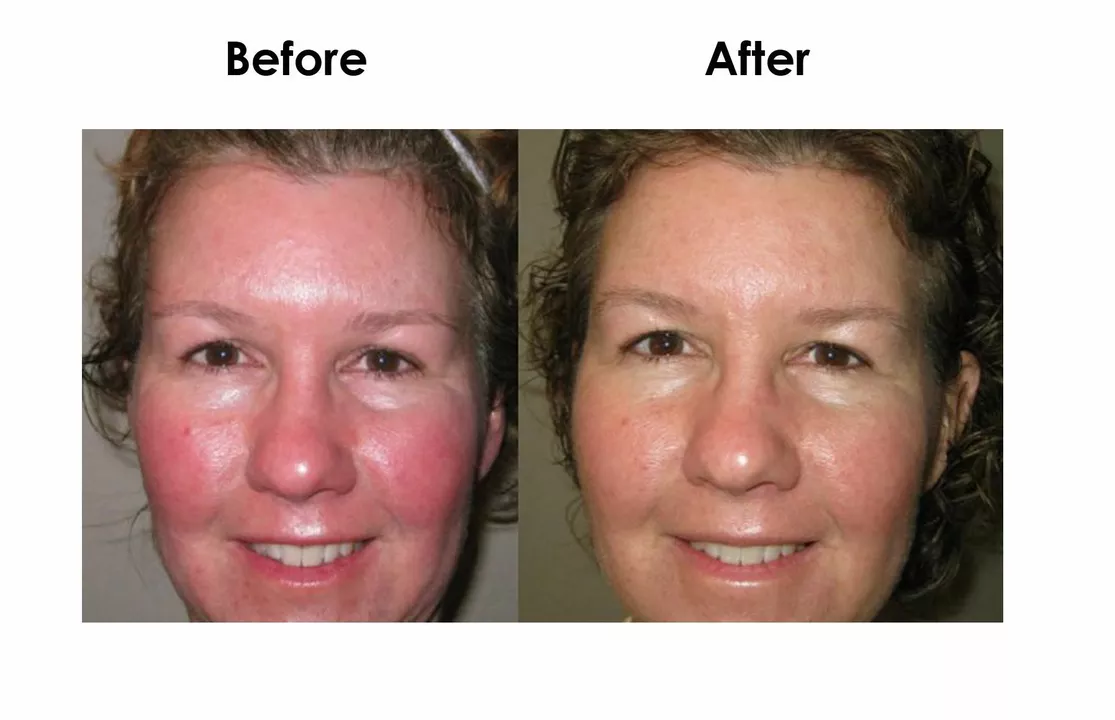
Rosuvastatin Side Effects: Natural Remedies That Actually Help (2025 Guide)
Practical, evidence-backed ways to ease rosuvastatin side effects with natural remedies. Dosages, safety notes, and when to call your doctor-all in one guide.
Want to try herbs or supplements but not sure where to start? Natural doesn’t always mean safe or effective. Below you’ll find simple, practical rules for picking remedies that actually help—and for avoiding parts that can hurt you or waste your money.
First: think about the goal. Are you after calmer nerves, better sleep, less nausea, or improved sexual function? Different problems need different options. Second: check evidence. Some remedies have decent research (like ginger for nausea or L-theanine for mild anxiety). Others rely mostly on user stories. Third: watch interactions. Herbs can change how prescription drugs work—St. John’s wort and blood thinners is a classic example. If you take meds, ask your prescriber.
Quality matters a lot. Look for brands that list active ingredient amounts, batch numbers, and third-party testing (USP, NSF, or ConsumerLab). Avoid supplements that promise miracle cures or use scary claims. If a product sounds too good, it probably is.
L-theanine: Often used to calm performance nerves without drowsiness. Typical doses range from 100–200 mg. Try it before a stressful event and notice how you feel.
Magnesium: Helpful for muscle tension and some sleep problems. Start with 200–300 mg at night, and pick forms like glycinate or citrate if you get cramps or loose stools.
Ginger: Good for nausea and travel sickness. Fresh or 250–1000 mg supplements can reduce symptoms fast.
Peppermint oil: Many people use it for mild IBS pain. Enteric-coated capsules work best to avoid heartburn.
Herbal ED options: Ginseng and horny goat weed show some benefit for mild erectile issues, but quality varies. Don’t mix these with prescription ED drugs without medical advice.
Omega-3s (like Calanus oil): Good for heart health and brain support. Look for products that test for purity and list EPA/DHA amounts.
Mindfulness, breathing, and CBT-style techniques: These aren’t pills, but they’re safe and powerful for anxiety, sleep, and some pain problems. Try a short guided practice before adding supplements.
When to see a doctor: If symptoms are severe, sudden, or getting worse, talk to a clinician. If you’re pregnant, breastfeeding, or on prescription meds—get medical advice before starting any supplement.
Want deeper reads? Check our pieces on "Natural Alternatives to Propranolol" for performance anxiety, "Herbal Supplements for ED" for sexual health options, and "Unlocking the Benefits of Calanus Oil" for omega-3 details. Those posts give practical dosing, safety tips, and real-world pros and cons.
Final tip: try one change at a time. If you start a supplement, test it for a few weeks and track effects. That way you’ll know what helps—and what doesn’t—without juggling too many variables at once.

Practical, evidence-backed ways to ease rosuvastatin side effects with natural remedies. Dosages, safety notes, and when to call your doctor-all in one guide.

In the search for effective alternatives to Atarax, a medication commonly prescribed for anxiety and allergy symptoms, this article delves into five promising options available in 2025. From natural supplements to innovative pharmaceuticals, each alternative is evaluated from a practical perspective, outlining its benefits and potential drawbacks. The aim is to provide readers with a comprehensive guide to choosing the best solution for their individual needs.

In today's blog post, we explored various natural remedies for soothing eye redness and irritation. We discussed the benefits of using cold compresses, chamomile tea bags, and cucumber slices as effective ways to alleviate discomfort. Additionally, we highlighted the importance of staying hydrated and maintaining a balanced diet for overall eye health. I hope these tips help you find relief from eye irritation and keep your eyes feeling refreshed and healthy. Stay tuned for more helpful tips and natural remedies!